‘The Big Short’ Film Review: A Morality Play Dressed Up as Modern Farce
The mortgage and banking crisis of 2007 gets the business in this fast-paced, hilarious and, yes, frightening outline. It's a tale powered by lots of villains and a handful of not-exactly-villains.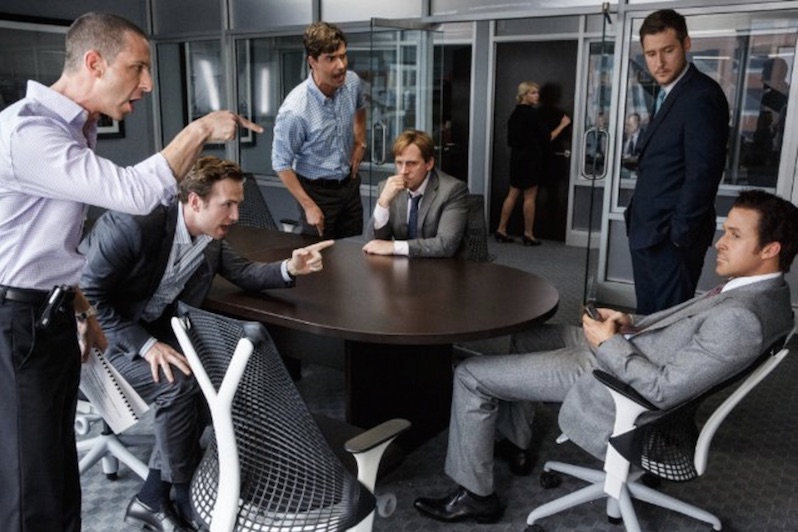 IMDb
IMDb
“If you want to tell people the truth, you’d better make them laugh; otherwise they’ll kill you.”
George Bernard Shaw supposedly said it first, filmmaker Billy Wilder made it his credo, and now, in “The Big Short,” writer/director Adam McKay observes this first commandment of comedy.
Like Michael Lewis’ nonfiction account of the 2007 mortgage crisis on which it is based, McKay’s provocative film is a morality play dressed up as a farce, hilarious as hell and righteously outraged.
McKay, the director of “Anchorman” and “Talladega Nights” and a principal in Funny or Die, is best known as Will Ferrell’s partner in comedy. Thus he is a satirist of institutions such as network news and NASCAR. McKay and co-screenwriter Adam Randolph (whose screenplay “Love and Other Drugs” satirized Big Pharma) base their new film on the premise that bankers are the biggest bank robbers of all. As Charles Ferguson titled his excellent 2010 documentary about the banking crisis, the financial upheaval was an “Inside Job.”
There is no shortage of villains in “The Big Short,” but there are few heroes. Most of the not-exactly-villains were guys who saw that the iridescent real-estate bubble was “the giant lie at the heart of the economy,” as the film’s narrator, the venal Jared Vennett (Ryan Gosling, a fictional version of Deutsche Bank trader Greg Lippmann) puts it. Interesting metaphor for a movie about so many who had holes where their hearts should be.
Vennett is the ringmaster of this circus, frequently breaking the fourth wall (as do other characters) to address the audience and clarify what actually happened and what is the screenwriters’ dramatic conceit.
He introduces us to Michael Burry (Christian Bale), the real-life hedge fund manager who, despite having one glass eye, was a visionary. In 2005, Burry correctly predicts that the housing market is built on a foundation of bad loans and is about to sink underwater.
Vennett pitches Mark Baum (Steve Carell, a bombastic version of money manager Steve Eisman), who disbelieves Vennett’s demonstration of how subprime loans will topple Wall Street.
Vennett uses a Jenga game to show real estate’s instability, one of the movie’s many visual illustrations of what financiers essentially were doing to the economy. When the filmmakers are at a loss to explain CDOs, or customized debt optimization, they bring in chef Anthony Bourdain. He shows how the Street bundled unsold bonds to make them more attractive in the same way chefs take two-day-old fish and bundle it into a seafood stew. In other words, they’re not junk bonds, they’re a gourmet experience!
The shaggy conscience of the film is Ben Rickert (Brad Pitt, whose company produced the film). He mentors “garage-band investors” (Charles Ledley and Jamie Mai in Lewis’ book) who short the banks and make a bundle. “You just bet against the economy,” he chides.
“The Big Short” flies by at supersonic speed because McKay combines visual techniques from MTV, montage from 1920s Russian filmmakers and the narration of Vennett, a character we love to hate. In a way, the movie is as audacious as the guys who made billions betting against the economy, resulting in millions losing their homes, savings and retirement—to a tune of some $5 trillion in losses. As the laughter curdles in the throat, the takeaway is horror.
“The Big Short” is terrific—in both the very great and very frightening meanings of the word. Yet I wonder why all the principal protagonists are men and most of the dumb bunnies women. Lewis’ book had a real heroine, Meredith Whitney, the Oppenheimer analyst who inveighed against complacent ratings agencies and financial advisers who told investors that there was nothing to worry about. Would her inclusion have disproved McKay’s picture that there were no adults on Wall Street?
Your support matters…Independent journalism is under threat and overshadowed by heavily funded mainstream media.
You can help level the playing field. Become a member.
Your tax-deductible contribution keeps us digging beneath the headlines to give you thought-provoking, investigative reporting and analysis that unearths what's really happening- without compromise.
Give today to support our courageous, independent journalists.
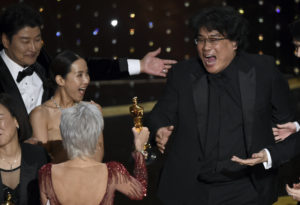
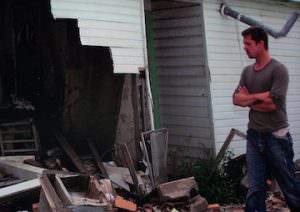
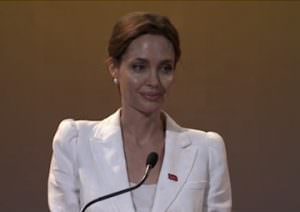

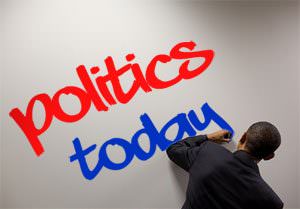
You need to be a supporter to comment.
There are currently no responses to this article.
Be the first to respond.